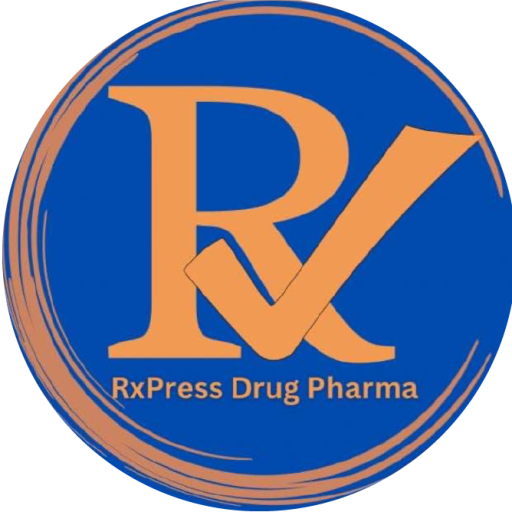In the digital age, health data has become a crucial resource for driving medical advancements, public health initiatives, and policy development. However, in Nigeria, protecting this valuable asset presents several challenges. This article explores the regulatory frameworks, challenges, and technological solutions shaping health data protection in Nigeria.
Regulatory Frameworks:
Nigeria’s Constitution guarantees the right to privacy, providing a legal foundation for the protection of healthcare data. The National Health Act (NHA) further strengthens this foundation by establishing a comprehensive framework that emphasizes confidentiality, meticulous record-keeping, and stringent data controls. The NHA plays a crucial role in creating a secure healthcare information environment, ensuring that healthcare providers balance the need for information sharing with patient privacy considerations.
Challenges in Protecting Health Data:
Despite the existing legal framework, Nigeria faces several challenges in safeguarding health data:
- Cybersecurity Threats:
Cybersecurity remains a significant risk, with health information vulnerable to breaches, unauthorized access, and other malicious activities. These threats can compromise individual privacy, erode public trust, and hinder medical research efforts. - Fragmented Health Information Systems:
Nigeria’s healthcare system still suffers from fragmented health information systems that lack proper integration. This leads to interoperability issues, making it difficult to create a unified patient record across different facilities. - Balancing Information Exchange and Patient Privacy:
The need for seamless information exchange among healthcare providers is critical for patient care, but maintaining patient privacy and consent during these exchanges remains a complex challenge. Standardizing electronic health record (EHR) systems and establishing secure data exchange protocols are vital to mitigating these concerns. - Cybersecurity Awareness Among Healthcare Professionals:
Building a cybersecurity-aware healthcare workforce is essential. Ongoing training and education for healthcare professionals help ensure they understand the risks and responsibilities involved in managing sensitive health data.
Technological Solutions for Data Protection:
To safeguard health data, several technological solutions can be leveraged:
- Encryption:
Encryption is a fundamental tool in securing sensitive health data. It transforms the data into a secure format, ensuring that only authorized individuals with the proper decryption keys can access the information. - Blockchain:
Blockchain technology holds significant promise in maintaining the integrity of health data. By offering a decentralized and immutable record, blockchain can help ensure that health data remains secure and protected from unauthorized access. - Biometric Authentication:
Biometric authentication adds an extra layer of security by using unique biological features (such as fingerprints or facial recognition) to verify the identity of individuals accessing health data. This approach enhances protection against unauthorized disclosures and identity theft.
Best Practices for Data Privacy in Nigeria:
Health organizations in Nigeria are increasingly adopting best practices to protect patient data:
- Regular Audits and Corrective Measures:
Conducting audits to evaluate data security protocols, technology integration, and legal adherence is critical. These audits ensure vulnerabilities are identified and addressed promptly. - Localized Training:
Providing targeted training to healthcare professionals is key. Educating staff on the importance of data privacy, recognizing threats, and implementing best practices can foster a culture of cybersecurity awareness and responsibility. - Continuous Education:
Ongoing education is necessary to keep healthcare professionals vigilant. As technology evolves, so do the threats and strategies for mitigating them. Regular updates on emerging risks, tools, and legal requirements ensure that professionals remain equipped to handle data security challenges.
Conclusion:
Safeguarding health data in Nigeria requires a multifaceted approach. The legal frameworks provided by the Constitution and the NHA form a solid foundation, while efforts to standardize health data formats and enhance interoperability are critical. Technological advancements such as encryption, blockchain, and biometric authentication play pivotal roles in securing sensitive data. By adopting best practices, fostering a cybersecurity-aware workforce, and continuously improving security measures, Nigeria can build a robust system for protecting health data.
Dr. Hilary Agbonkhese
Chief Technology Officer, RxPress Health
